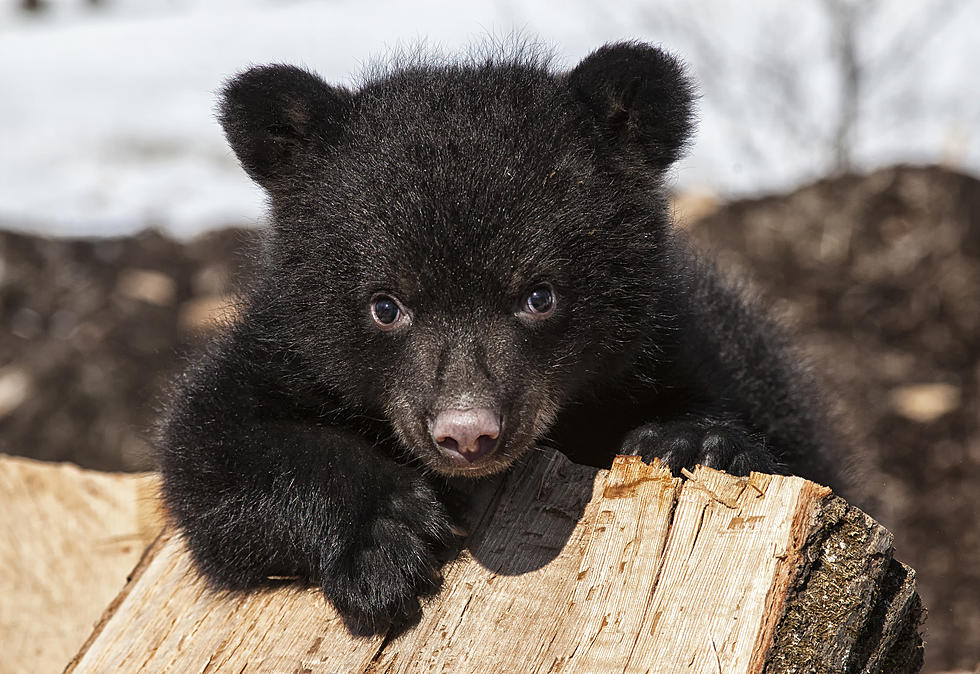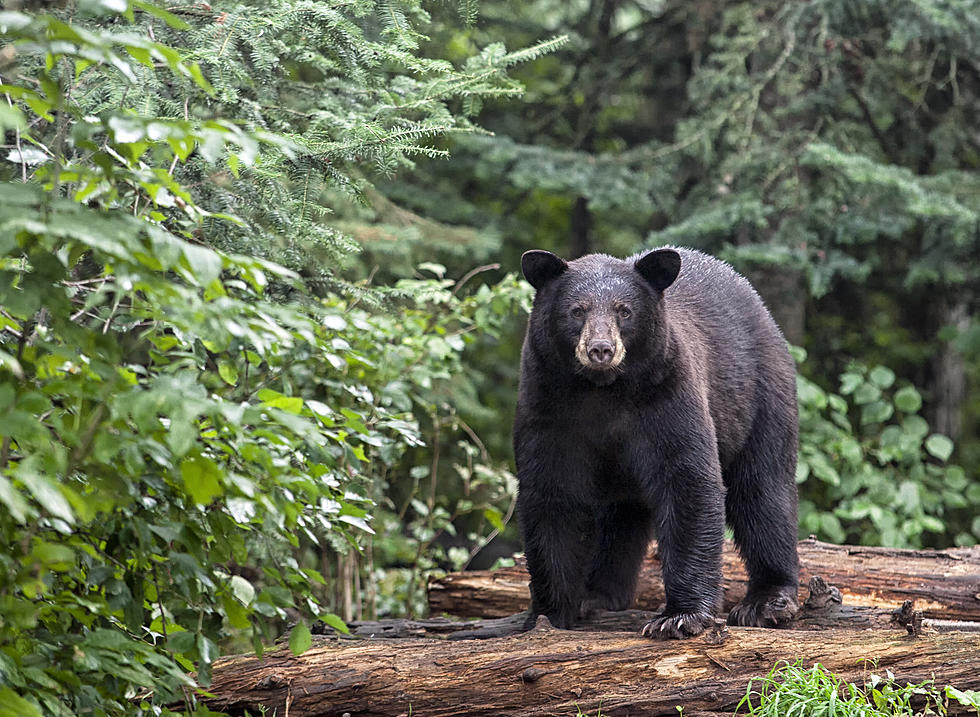
Massachusetts Black Bears Featured in Netflix Series
The bears of Massachusetts are getting their time in the spotlight.
Netflix released Season 2 of its series Animal this past Friday, and Episode 3 is titled “Bears.” It explores bears from around the world, including from places like Alaska and Minnesota all the way to Russia and China. The episode is narrated by David Harbour, star of the hit Netflix series Stranger Things.
Featured prominently in the episode are the black bears of Massachusetts.

The black bear segments revolved around a mother bear emerging from hibernation with her young cubs, and how she teaches them the skills they need to survive. According to the episode, this knowledge passed from mother to cub is the advantage bears have over many of the other animals in nature.
MassWildlife posted about the episode on the department’s official Facebook page this afternoon.
“Their film crew joined our staff last year to capture footage of black bears for this show,” the post reads. “It's incredible to see Massachusetts wildlife being featured alongside magnificent creatures from around the world!”
While the black bears are mostly just seen learning to hunt and forage, other bears featured in the episode get down to some serious bear business. A highlight is the segment on the grizzly bears of Alaska, when a male bear that has been the dominant one of the group for a decade is challenged by a younger, bigger, stronger bear.
You haven’t lived until you’ve seen slow motion 4K footage of two grizzly bears doing battle.
Sadly, there was no mention of "Boo Boo," perhaps Massachusetts’ most famous black bear who was spotted all across the SouthCoast last year before purportedly dying after being struck by a van on Interstate 195 in Marion.
LOOK: Stunning animal photos from around the world
More From WBSM-AM/AM 1420









